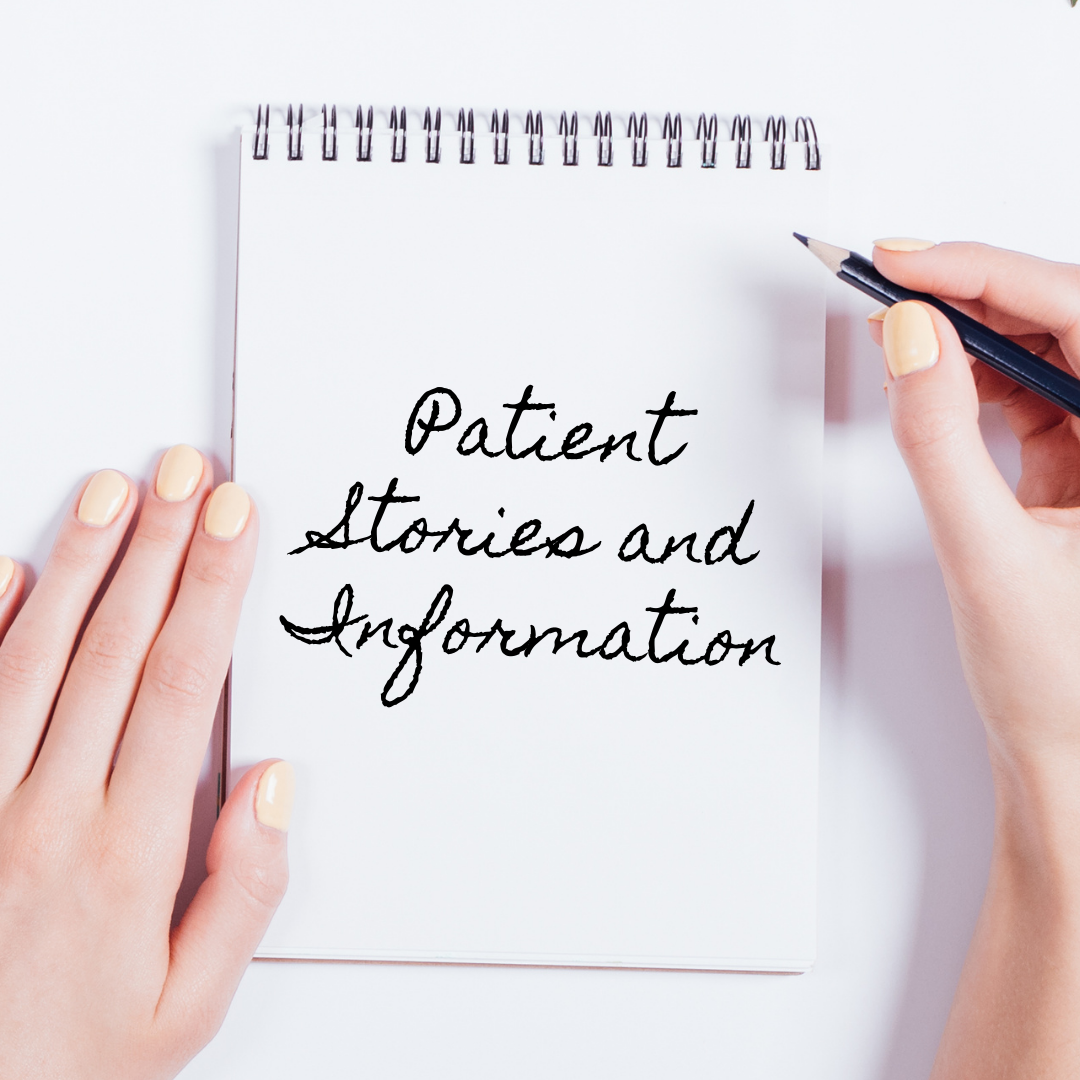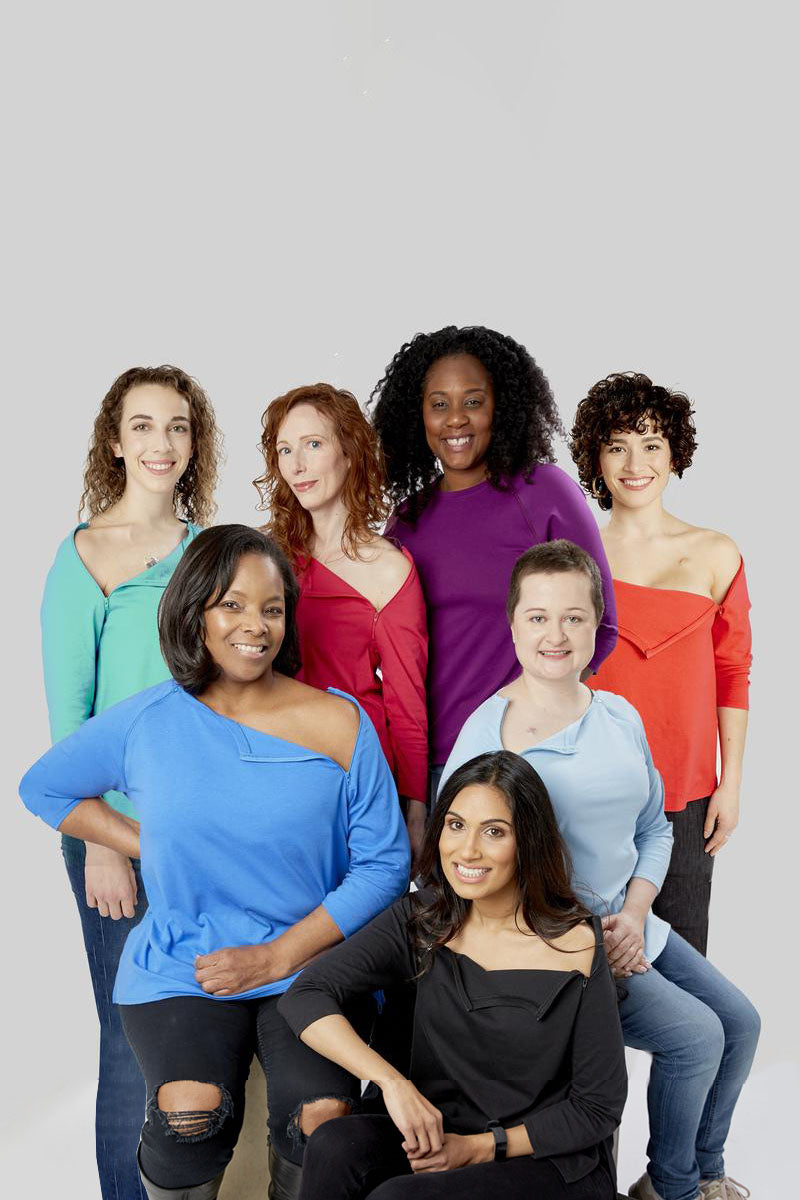
Living with chronic illness is often misunderstood, and for Layla, it has shaped not only her care experience but also the way she communicates about her life with illness. Through honesty, advocacy, and a willingness to share her story, she’s helping build bridges to better care for herself and others. Keep reading to learn more about Layla’s journey, her thoughts on patient advocacy, and the lessons she’s learned along the way.
The Questions I Wish People Asked
Honestly? I love answering questions! I really appreciate genuine curiosity—things like “How does this affect you?” or “How does it impact your daily life?” Anything that shows people are trying to truly understand is meaningful to me. Those moments of curiosity create real connection and awareness.
Finding the Words to Speak My Truth
It’s hard to say, because I talk about almost everything on my Instagram 😆, but recently I’ve found the words to describe a big truth about navigating care: one doctor’s opinion doesn’t negate your reality.
A few weeks ago, I had a really difficult appointment with a new pain doctor who basically told me I didn’t need any treatments. I realized I needed to express something I’ve been learning over and over:
“You know your body best. YOU are the one living with it, and if one clinic or one doctor is dismissive or doesn’t help, that doesn’t diminish your reality. It just means they didn’t take the time to understand your pain and your conditions. It’s incredibly hard when a doctor thinks your pain isn’t bad enough for treatment—it makes you feel not believed. But again, YOU know your body best. If you believe a treatment, injection, infusion, or medication will help, you have every right to keep asking different doctors until one agrees to help. You don’t have to wait for someone to magically help; it’s up to us to advocate for ourselves.”
How I Wish People Talked About Chronic Illness
I wish there was more understanding and less doubt in how people talk about chronic illness. And I really wish the word lazy could be removed from everyone’s vocabulary—it’s something I was called growing up. I truly believe there’s very little real laziness; just because someone doesn’t understand something doesn’t mean it isn’t someone else’s reality.
The Need for Openness Around Mental Health
I wouldn’t say therapy is taboo, but I do wish it was more readily offered for people coping with chronic or serious conditions. When I was 19 and first diagnosed, I knew nothing about navigating healthcare. After a surgery didn’t improve my symptoms as expected, it would have been incredibly helpful if a doctor had suggested therapy to help me cope. At that age, I was scared and didn’t know how to bring it up myself.
Breaking Silence—and Finding My Voice
Breaking silence is basically my specialty 😆. I talk endlessly about every detail of my chronic illness life online, but it’s much harder in person. I don’t want pity, and I don’t always feel comfortable bringing up my illnesses, even though I love when someone asks. It’s challenging because people in real life who don’t follow me online often don’t see what I’m dealing with, which makes understanding harder. Finding a comfortable balance between sharing and protecting myself is still something I navigate every day.










Leave a comment (all fields required)